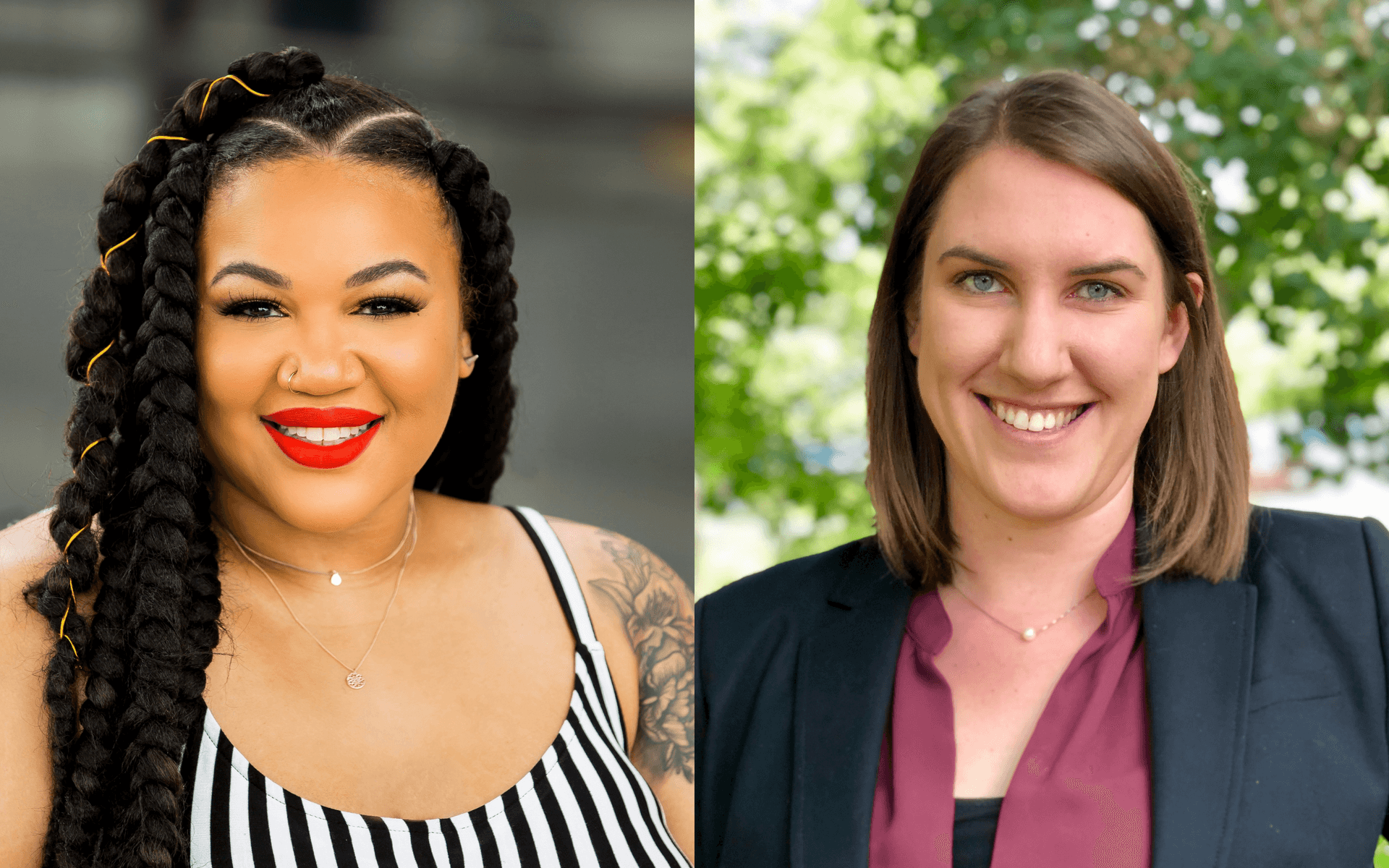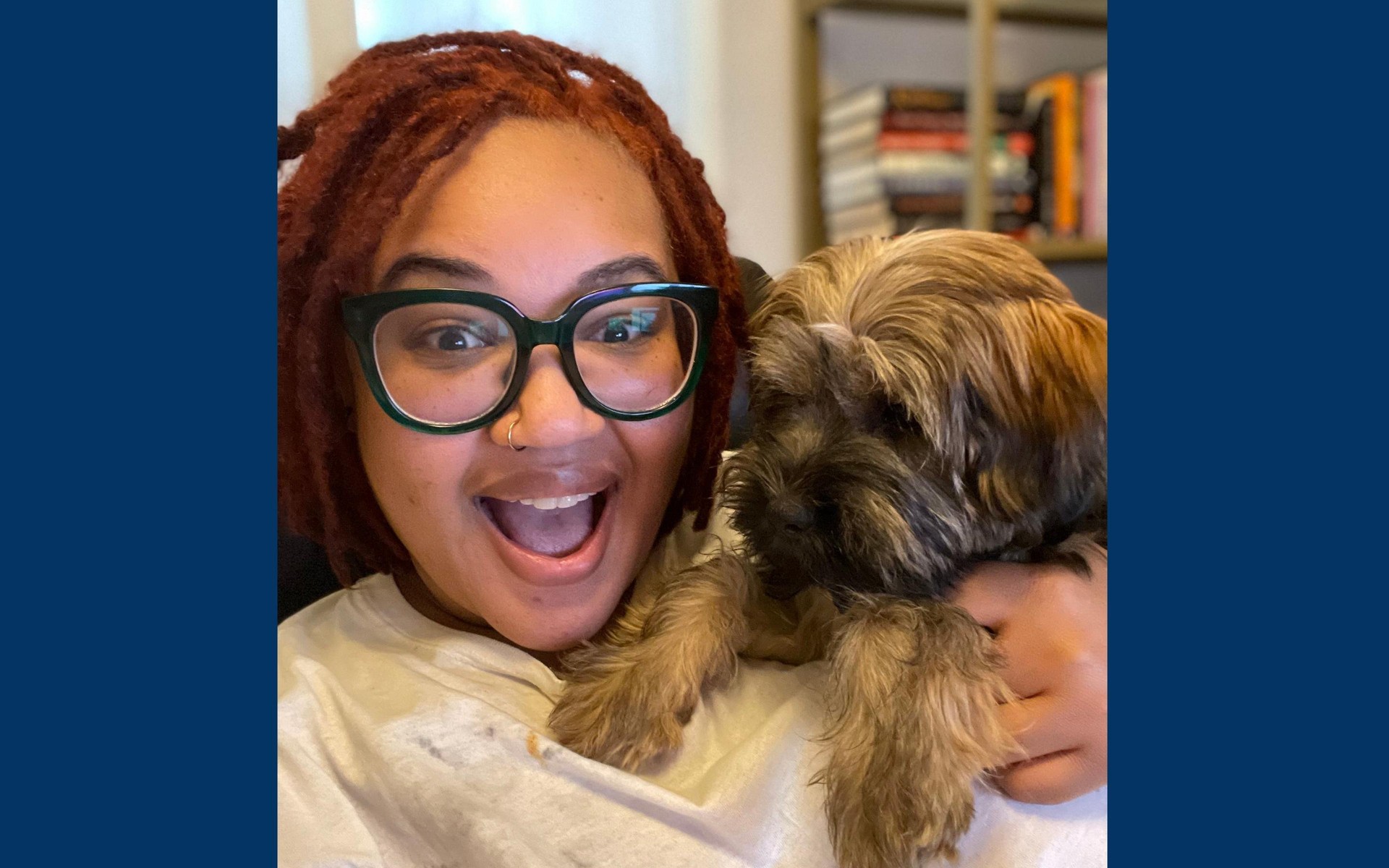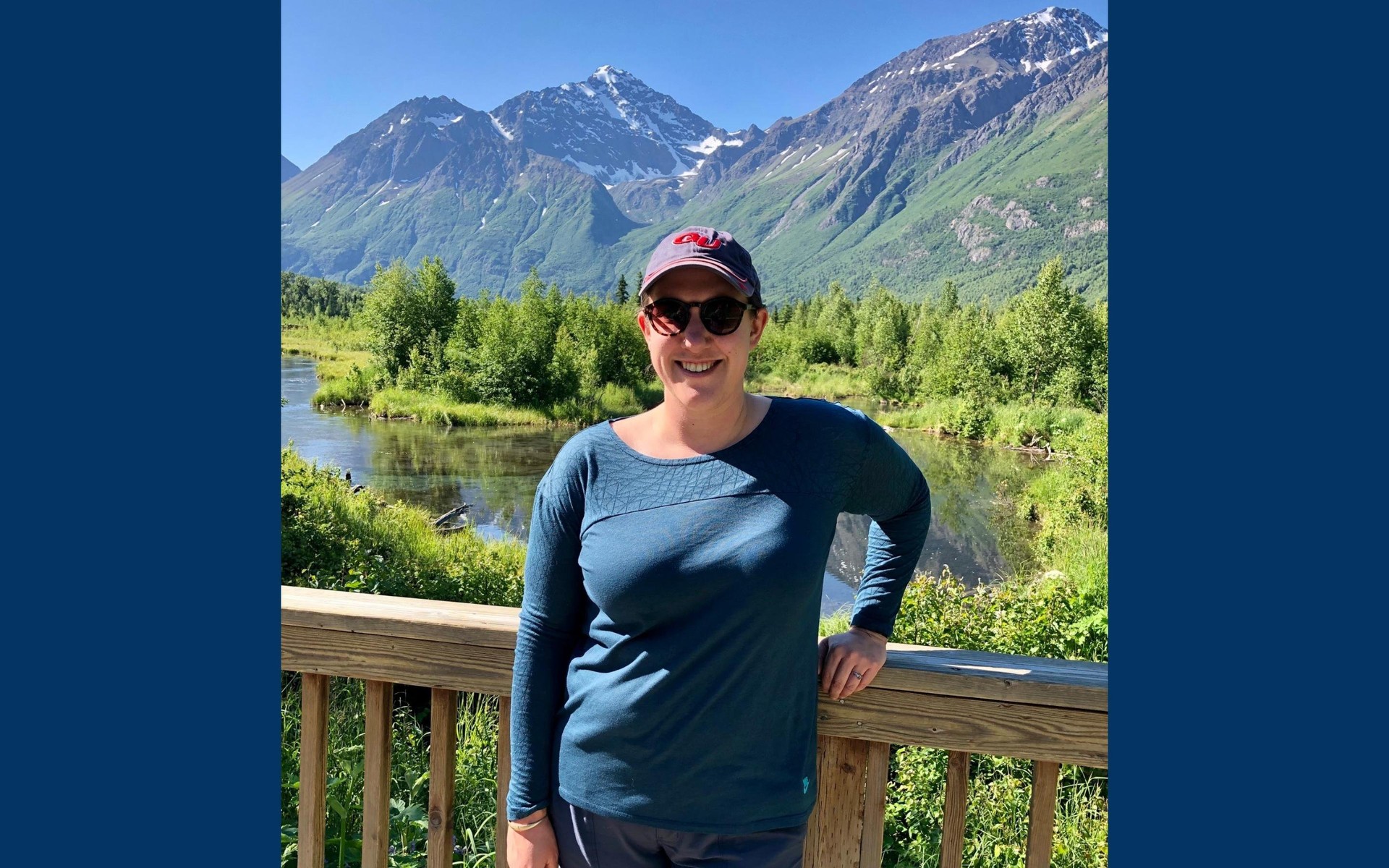Culture
Whether It’s Matching Mentors to Mentees or Matching Students to Quality Field Experiences, Diversity of Thought Is Key
Written by Wesley Hauck on Jan 18, 2022
Related content: Diversity And Inclusion, Leadership, Life at 2U

From healthcare to social work, 2U’s Placement team is dedicated to matching students across the country to relevant field placements in their local community in order to gain the hands-on learning needed to complete their degree program. Ever since the pandemic led many facilities to transition to remote services, streamline staff, or shutter altogether, the search for quality clinical experiences has posed more challenging. Helping students find that perfect field placement in such unpredictable times requires intensive brainstorming, open communication, and as much diversity of thought as possible—all skills that our team’s mentoring program helps us develop from within.
The Placement directors designed our mentoring program to connect colleagues who would otherwise have little direct interaction across their respective teams. Intentionally matching mentors and mentees who possess different personalities and work on different educational programs gives team members access to diverse thinking that keeps everyone identifying, delivering, and innovating on the best learning opportunities we can offer students.
Originally launched by Placement Director Firenza Walker, our program to date has matched over 100 strong mentoring pairs, many of who keep sharing their insightful viewpoints with each other well beyond their standard rotation (like me–I’ve been both a mentor and mentee). One such pair is mentor Firenza and her mentee, Senior Placement Specialist Kristen Conrad. For National Mentoring Month, I connected with them to learn more about how they champion each other and keep energizing our student-focused mission with such amazing passion.
Firenza and Kristen, thanks for joining me! The two of you make such a powerful mentoring pair. So what does mentorship mean to you, and how do you gauge success?
Firenza: There’s a common feeling that in a mentoring relationship, the mentor holds some sort of authority or power in it. But I believe that mentors and mentees often switch roles throughout their time together. Mentorship is an intentional connection between individuals with the common goal of enhancing some area of their lives. As a mentor, I expect that my mentee will teach me something new about myself, especially as a leader. If we learn one thing from each other each session, then that’s a success!
Kristen: To me, mentorship means growth. I’ve always searched for a mentor in each profession and job I’ve held. Some have stuck with me and provided great perspectives across my career; others have been more focused on specific professional goals at the time. A great mentor asks good questions and serves as a sounding board to help you decide the next steps toward your goals.

You bet—active listening and reflecting are so necessary to successful mentoring relationships. How did yours begin?
Firenza: I met Kristen when I first launched Placement’s formal mentoring program in January 2020. She’s my first mentee and has really pushed me to be a better mentor and leader. Kristen worked on a different program and we had never met. We are different in a lot of ways, but that’s part of what makes our relationship work so well. Different viewpoints are so helpful when talking about the various challenges we’re trying to overcome.
Kristen: I had only been at the company for three months when we connected. I was flattered and somewhat intimidated to be the mentee of Firenza, the program’s creator. She’s based out of 2U’s Maryland headquarters and I’m out of Denver, so I vividly remember seeing her face on the big screen of a meeting room for our introduction. Two months later, the pandemic hit, and our relationship grew fast because we were lifelines for each other working from home.
That transition was difficult for so many people, and working from home continues to make regular human connections a challenge. How have you set up your interactions, nurtured that ongoing support, and continued to motivate each other?
Firenza: Kristen truly has owned the structure of our meetings. She comes very prepared with questions and a list of topics we can discuss in depth. Personally and professionally, Kristen has taught me that my voice is valuable. Even though I’m a strong Black leader, imposter syndrome can still creep in. I sometimes find myself questioning whether I make sense, whether my opinion matters, and how effective I am as a leader. Kristen is intentional about sharing feedback with me, and that helps boost my confidence. She’s also constantly seeking growth opportunities to avoid complacency at all costs. That’s inspired me throughout our time together.
Kristen: I set a goal to come into our meetings prepared. Firenza is a director, so I always want to respect her time and talent. We had monthly meetings during our formal six-month mentorship, but after that ended I asked if we could continue to meet as needed and focus on a specific career challenge I’m having each time. Firenza has seen me through two promotions so far. I’ve always been driven, but she’s helped me focus my drive into actionable steps toward my goals. She’s given me the structure for how to advocate for myself and my talents in order to keep growing. Firenza also motivated me to apply to be a mentor myself.

And at 2U, that growth always ties back to the impact we have on students. How has your mentoring dynamic helped you keep refining the ways you ensure—and/or advise others in ensuring—student success?
Firenza: I’ve learned how to be a better advocate for my team through my relationship with Kristen. Advocacy is so important in mentorship, and as we’ve cultivated our relationship, I’ve learned how to do that more effectively, which directly relates to how I manage. It takes skill and practice to listen to your employees, digest their concerns, and effectively parlay and take action on those concerns in ways that will help influence better outcomes for students.
Kristen: I’ve learned how to listen in order to support rather than listen to provide solutions. Sometimes the best you can do for a student or mentee is hear them out, and not try to fix the problem. Sharing your experience can be helpful, but it’s also important to just sit in the situation and acknowledge the hard parts.
You both continue to glean such valuable insights from each other. How would you suggest others look to establish their own meaningful mentoring relationship?
Firenza: Look for people who have the things you aspire to have. Maybe that’s a career, a hobby, or even a family—parent mentors can be a thing, too! Or perhaps someone’s personal brand resonates with you. And remember, mentorship isn’t exclusive to your job or career. You can also have a mentor who inspires you personally and helps you navigate different life situations.
Kristen: Never be afraid to ask for a coffee date with someone who has impressed you in the workplace or you want to learn more about. Making a connection almost always leads to something more if you’re intentional about following up and staying in touch. Find someone who will mention your name in a room and advocate for you once they know your goals.
~~~
Discover more examples of strong mentoring relationships on our Student Engagement and Workforce Engagement teams. Eager to help students succeed and be a mentor or mentee yourself? We’re hiring.